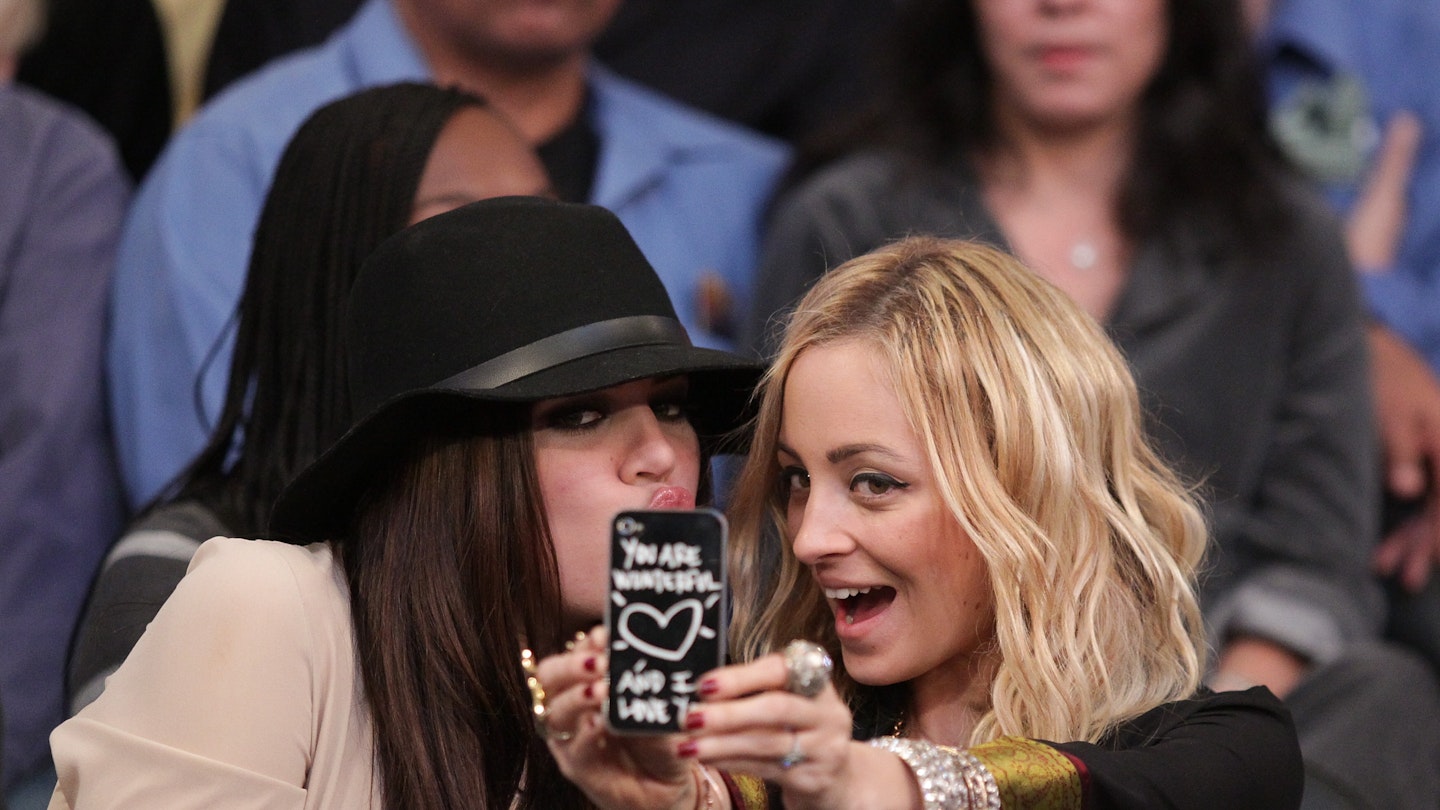Some of the best friendships I’ve ever had came from a place of zero expectations. Whether that was because I was randomly placed next to the person on a seating plan at school, bumped into them in the smoking area of a sweaty club at 2am or sitting in my mum’s womb at a coffee morning waiting to be born while she chatted to the mother of my best-friend-to-be — good friendships have always come gently for me, and without too much effort of pressure.
Conversely, I’ve always struggled with the end of friendships. Whether that’s because some dramatic event forcibly put us on different paths, or — as is much more common — we slowly drifted apart, I have always found it difficult to process the part when the strands of our tightly wound knot begin to unwind. Part of this, I’m sure, is down to the fact that for all the emotional vocabulary we have established for breaking up with a romantic partner, we tend to think of all friendships as ongoing rather than the coming together of two people for an established time during a particular phase in our lives. Of course, there are friendships that go the distance, but in my experience, those are more exceptional. Much more common are those people who enter our lives at a particular point and leave at another somewhere down the line. I’ve always thought of those friendships a bit like trains that align on the track for a part of their journey, gently moving alongside you until it’s time to go your separate ways.
Over the course of the past years, I’ve lost quite a few friends.
Over the course of the past years, I’ve lost quite a few friends — be that because our individual growth meant our values no longer aligned, or because the monumental effort of surviving in a pandemic meant we just had much less time for one another. In the absence of the usual routines during lockdown, many friendships suffered. The threads keeping us all together began to stretch until at some point many snapped. We can’t blame ourselves.
And yet I do, or I did. I felt like a bad friend for letting messages go unanswered or avoiding people who traditionally tended to take more out of me than they put back in. I started to notice what — if anything — I had left to share with others at the end of another brutal day of isolation, and chose to spend it wisely. I saw names pop up on my phone and purposefully flipped the screen over. I gave to myself instead, much of the energy I used to give out to others without a thought, because I desperately needed every last inch of it.
It taught me something. I learned that contrary to the logic we all learned on the playground as kids, being everyone’s friend means being no one’s friend well. Or rather, as in my case, being a lot of people’s good friend meant being depleted all the time, exhausted and often disappointed. I don’t think I’d realised until the past year in quite such plain terms how much I needed myself. And how over the years I had given away every last piece of myself until I was completely empty, in the pursuit of 'popularity.'
I began to see a new life for myself, one in which friendship meant supporting others as much as they supported me. I learned to enforce that expectation and ask for care in return. When the care wasn’t offered, I simply moved on. No fanfare or big break-up, just a quiet moving apart in the gentle recognition that in the grand jigsaw puzzle of life, our individual pieces no longer tessellate.
I used to think that the way to hold onto a friendship was to grab it with both hands tightly until my knuckles went white.
In short, I have learned to end friendships with the same effortlessness and care with which I began them all. To pop them down as gently as I first pick them up, if for whatever reason, they are no longer working. I have also begun to acknowledge just how special those friendships are that are capable of switching tracks with you at every station and managing to comfortably stay on the same course, without ever bumping into you or changing the direction of travel abruptly. Those friendships mean even more to me than they ever did.
I used to think that the way to hold onto a friendship was to grab it with both hands tightly until my knuckles went white. These days I’m much more likely to carefully uncurl my fingers and see where we all end up. In the end, I’ve found freedom in letting go.
READ MORE:
Pandora Sykes: 'The Pandemic Has Made My Friendship Group Smaller, But Sharper
No One Prepares You For The Third Wave Of Losing Your Friends
